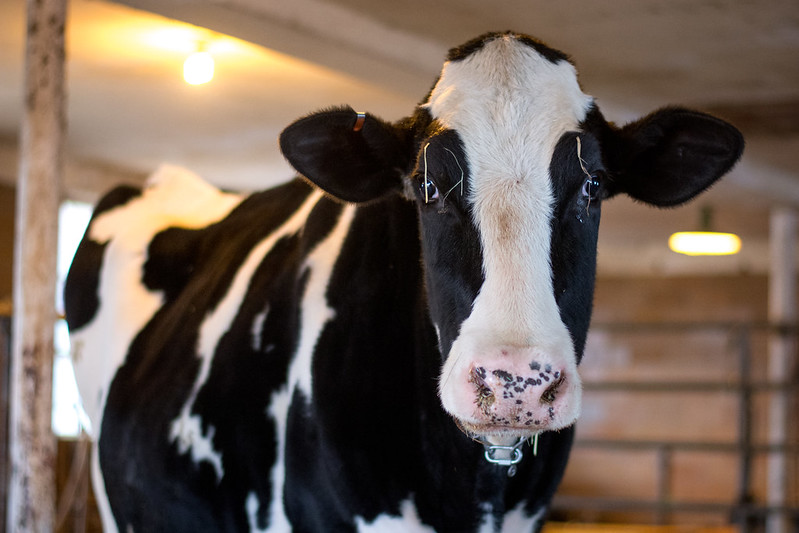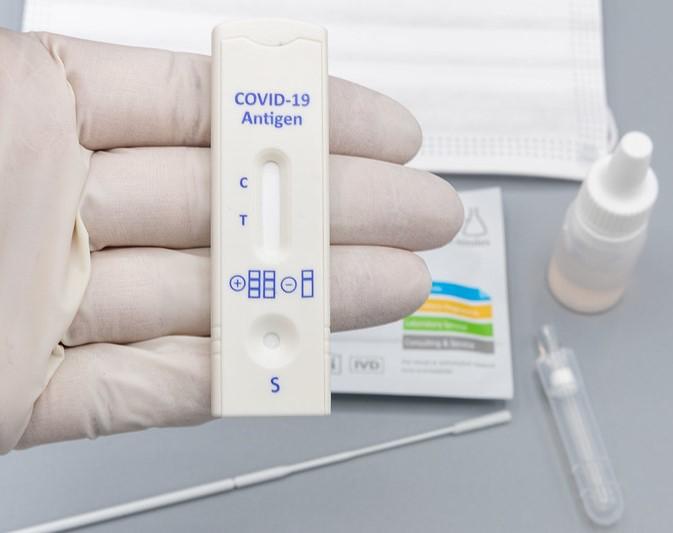
A study by Chinese researchers indicates a global rise in Acinetobacter species carrying multiple carbapenem-resistance genes.
In a letter published yesterday in Clinical Microbiology and Infection, a team led by researchers from Zhejiang University School of Medicine said analysis of 30,713 Acinetobacter genomes from the National Center for Biotechnology Information Pathogen Detection Database revealed that 1,409 (5.1%) of 27,487 A baumannii isolates and 216 (6.7%) of 3,226 non-baumannii Acinetobacter spp. (nAB) isolates co-harbored at least two carbapenemases, with notable increases from 2018 through 2023. Multiple carbapenemase-positive Acinetobacter genomes were detected in 61 countries across six continents, with the highest prevalence found in the United States (33.7%), India (13.3%), and China (8.6%).
Carbapenem-resistant A baumannii is already considered an urgent public health threat by the World Health Organization and the US Centers for Disease Control and Prevention because it's so difficult to treat. Some studies have found mortality rates as high as 72% in patients with carbapenem-resistant A baumannii infections.
But among the 54 distinct combinations of double carbapenemases identified, the analysis also found the co-existence of metallo-beta-lactamase and tetracycline-inactivating genes, which confer resistance to many of the recently approved beta-lactam/beta-lactamase inhibitor combinations (such as ceftazidime/avibactam and meropenem/vaborbactam) and tigecycline, all of which have been considered potential treatments for carbapenem-resistant A baumannii infections. These combinations, the study authors said, further restrict the antibiotic treatment options for Acinetobacter infections.
Strains found in clinical settings, livestock, and the environment
While nearly all the A baumannii strains originated from clinical settings, 33.5% of the nAB strains were isolated from environmental or livestock sources, the researchers added.
"In summary, the prevalence of Acinetobacter species co-harboring multiple carbapenemases is increasing globally, and the emergence of novel combinations of carbapenemases and their coexistence with Tet(X) enzymes requires further investigation" they wrote. "Moreover, the global emergence of carbapenem-resistant Acinetobacter species in diverse sources emphasizes the critical importance for a One Health approach for the investigation and control of its spread."





















